
Val di Fassa Monthly Climate Averages
The following ski resorts are located close to Val di Fassa: Pozzo & Vigo di Fassa, Catinaccio-Rosengarten, Campitello di Fassa - Canazei. High season with the best snow conditions are typically January, February, March, although the resorts themselves open in December and close in April. Nevertheless, you can still enjoy the fresh air and view during the off season.
To help you choose the best time to travel, you can find climate data below on the weather in Val di Fassa .
| Month | day |
night |
rain |
|
| January | 0 | -8.1 | 29 | 9.7h |
| February | +1.8 | -7 | 30 | 10.9h |
| March | +5.6 | -3.6 | 39 | 12.5h |
| April | +10 | +0.2 | 51 | 14.2h |
| May | +14.3 | +4.2 | 84 | 15.6h |
| June | +18.4 | +7.5 | 92 | 16.4h |
| July | +20.8 | +9.3 | 109 | 16h |
| August | +19.5 | +9 | 106 | 14.7h |
| September | +17.1 | +6.8 | 76 | 13h |
| October | +11.3 | +2.4 | 65 | 11.4h |
| November | +5 | -2.2 | 61 | 10h |
| December | +1.2 | -6 | 29 | 9.2h |
Temperature in Val di Fassa
The table shows that the hottest months in Val di Fassa are July and August, during which the average daytime temperature reaches +20.8°C and the nighttime temperature falls to +9.3°C.
The coldest months are January and December, when the daily average temperature falls to 0°C, and drops to -8.1°C during the night.
Most booked hotels in Val di Fassa
Search flights to Val di Fassa
Best ski resorts :
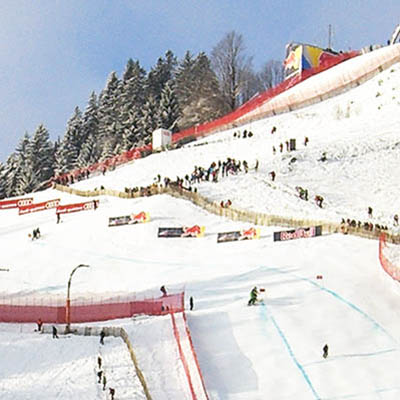
Kitzbuhel
Austria
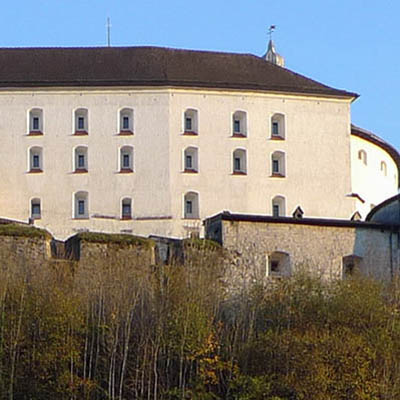
Kufstein
Austria
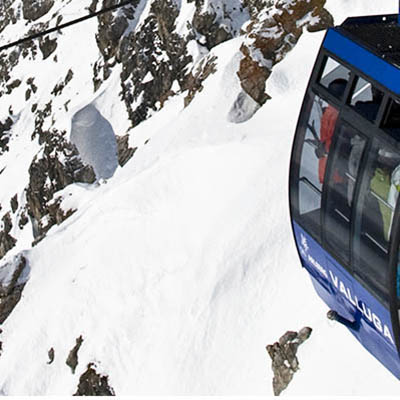
St Anton am Arlberg
Austria
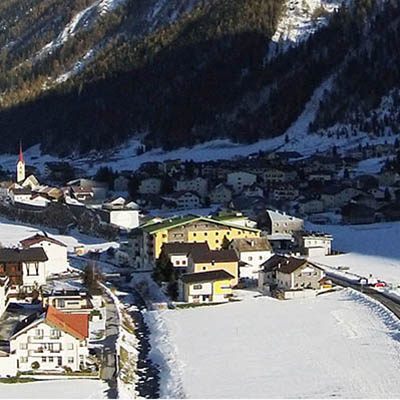
Galtur
Austria
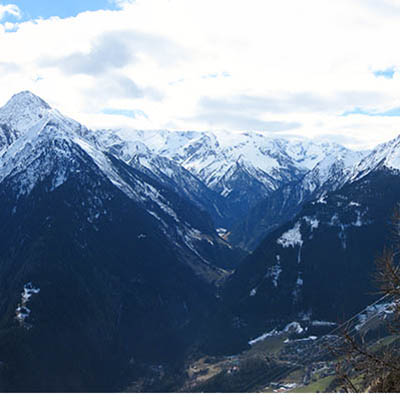
Mayrhofen
Austria
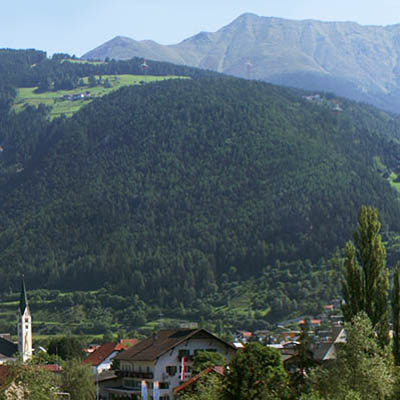
Prutz
Austria
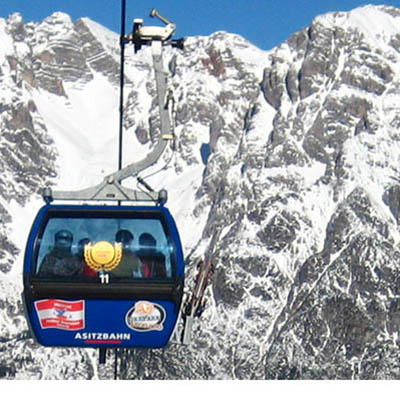
Saalbach-Hinterglemm
Austria
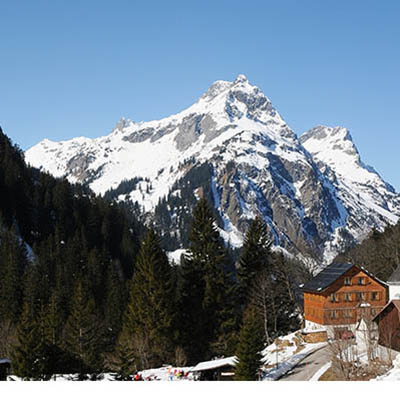
Schrocken
Austria
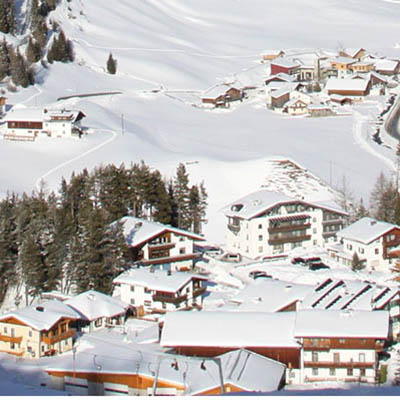
Umhausen
Austria
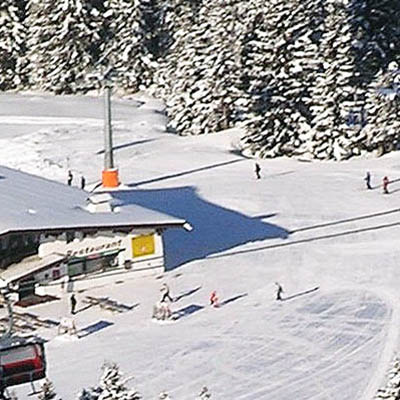
Zell am Ziller
Austria
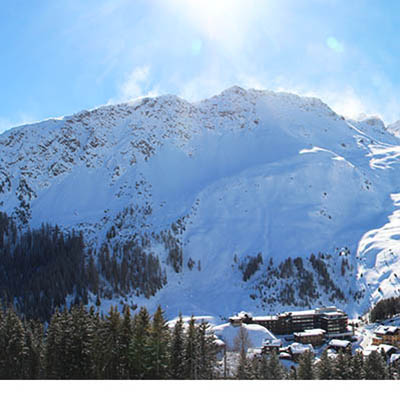
Arosa
Switzerland
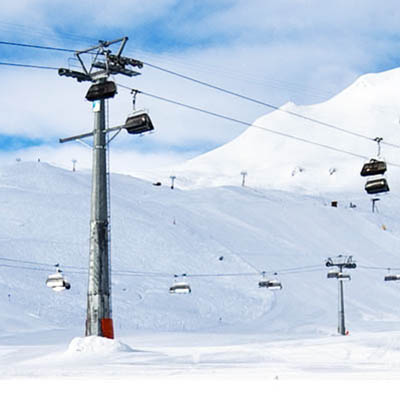
Samnaun
Switzerland
Most Popular Destinations in the World
Precipitation
The largest amount of precipitation falls on average in July and August, up to 109mm, and the least in January and December — up to 29mm.
